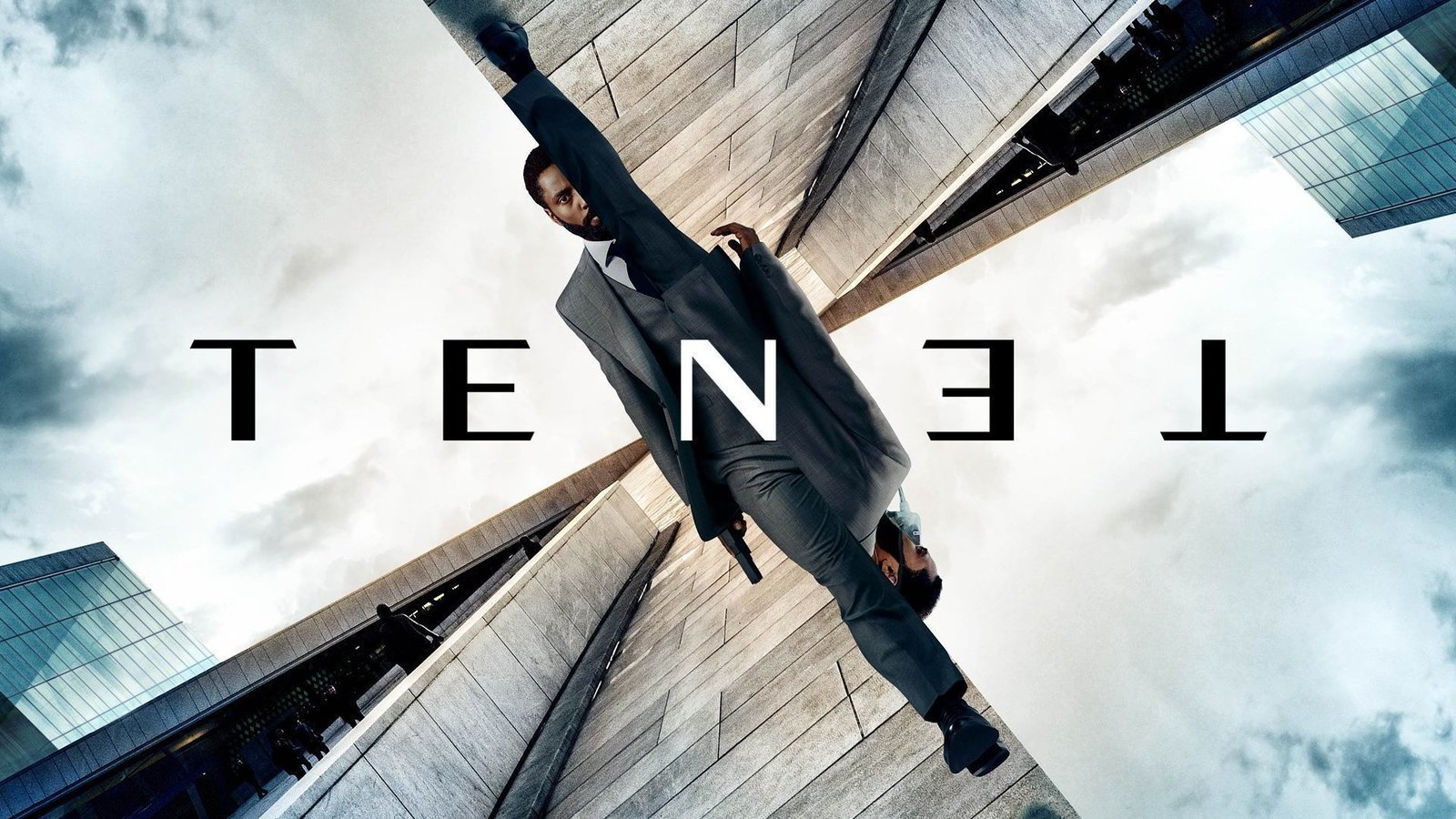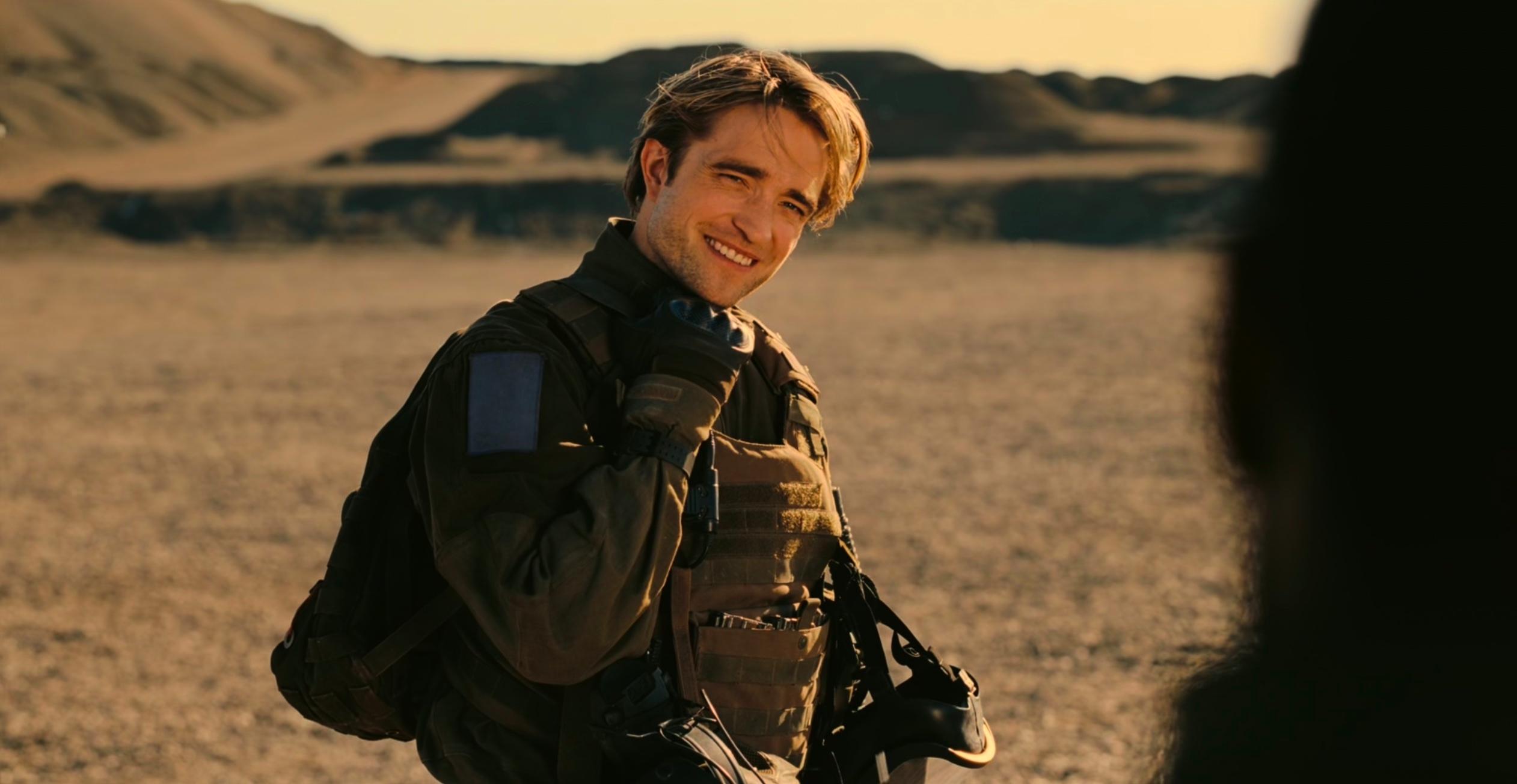 Christopher Nolan’s epic thriller, TENET, thrusts its audience into a complex web of time manipulation and espionage. The narrative follows The Protagonist (John David Washington), an unnamed CIA operative, as he becomes entangled in a world-threatening conspiracy involving inversion technology. Inversion allows objects and people to move backward in time, creating a mind-bending narrative where cause and effect are intertwined.
Christopher Nolan’s epic thriller, TENET, thrusts its audience into a complex web of time manipulation and espionage. The narrative follows The Protagonist (John David Washington), an unnamed CIA operative, as he becomes entangled in a world-threatening conspiracy involving inversion technology. Inversion allows objects and people to move backward in time, creating a mind-bending narrative where cause and effect are intertwined.
The Protagonist joins forces with Neil (Robert Pattinson), a skilled operative, and they must navigate a shadowy world of arms dealers, Russian oligarchs, and a mysterious figure known as Andrei Sator (Kenneth Branagh). Sator possesses the ability to communicate with the future, and his nefarious plans could unravel the fabric of time itself.
As The Protagonist and Neil race against time to prevent a global catastrophe, they encounter inverted battles, time loops, and a climactic showdown that challenges the very concept of temporal reality. Nolan’s signature intricate storytelling and visually stunning sequences propel the audience through a labyrinth of timelines, blurring the boundaries between past, present, and future.
Characters

TENET introduces a cast of dynamic characters, each playing a crucial role in the intricate narrative. John David Washington’s portrayal of The Protagonist is compelling, blending charisma with a stoic determination. His character evolves from a mysterious operative to a time-bending hero, anchoring the film with his enigmatic presence.
Robert Pattinson’s Neil adds a layer of charm and wit to the story, providing a welcome counterbalance to The Protagonist’s seriousness. Their partnership forms the emotional core of the film, as trust and camaraderie develop amidst the chaos of inverted time.
Kenneth Branagh delivers a chilling performance as Andrei Sator, the antagonist with a personal connection to the time-bending technology. Elizabeth Debicki portrays Kat, Sator’s estranged wife, bringing depth to her character as she becomes entangled in the race against time.
The characters in TENET are not mere conduits for the plot but are intricately woven into the fabric of the story, each contributing to the film’s emotional resonance and thematic exploration.
TENET Ending Explained (Spoilers)

TENET’s ending is a culmination of temporal complexities, leaving audiences both exhilarated and contemplative. In the final act, The Protagonist discovers that Neil, his trusted ally, is not only from the future but has been orchestrating events to ensure the success of their mission. This revelation adds a layer of poignancy to their relationship, as Neil sacrifices himself to ensure the success of the operation.
The closing scenes reveal a temporal pincer movement, a concept introduced earlier in the film, where The Protagonist plays a key role in events that have already transpired. The film’s enigmatic closing line, “You have a future in the past,” encapsulates the cyclical nature of time in TENET.
The final scene hints at a continuation of the time-bending narrative, leaving room for interpretation and speculation. Some argue that The Protagonist could be Neil in a future iteration, creating a loop in time. Others suggest that the story’s conclusion is a paradoxical loop, challenging the traditional linear understanding of cause and effect.
F.A.Q
a. Is It Based on a True Story? No, TENET is not based on a true story. Christopher Nolan crafted the screenplay, drawing inspiration from theoretical physics and time-related concepts, but the narrative is entirely fictional.
b. What Is the Main Idea of the Movie? The main idea of TENET revolves around the manipulation of time, introducing the concept of inversion technology that allows objects and people to move backward in time. The narrative explores the consequences of tampering with time and the intricate interplay between cause and effect.
c. Is This Movie Worth Watching? Absolutely. TENET offers a cinematic experience unlike any other, blending action, intellect, and visual spectacle. It challenges the audience’s perception of time and rewards attentive viewers with a mind-bending journey.
d. What Is the Symbolism in This Movie? Symbolism in TENET is embedded in its exploration of time. The recurrent use of the word “tenet” itself, meaning a principle or belief, underscores the film’s thematic depth. Objects moving in reverse symbolize the disruption of the natural flow of time, while the temporal pincer movement embodies the cyclical nature of cause and effect.
In conclusion, TENET stands as a testament to Christopher Nolan’s ability to push cinematic boundaries. Its intricate plot, compelling characters, and thought-provoking exploration of time create a film that invites audiences to delve into the complexities of its narrative, rewarding those who dare to decipher its temporal puzzles.

